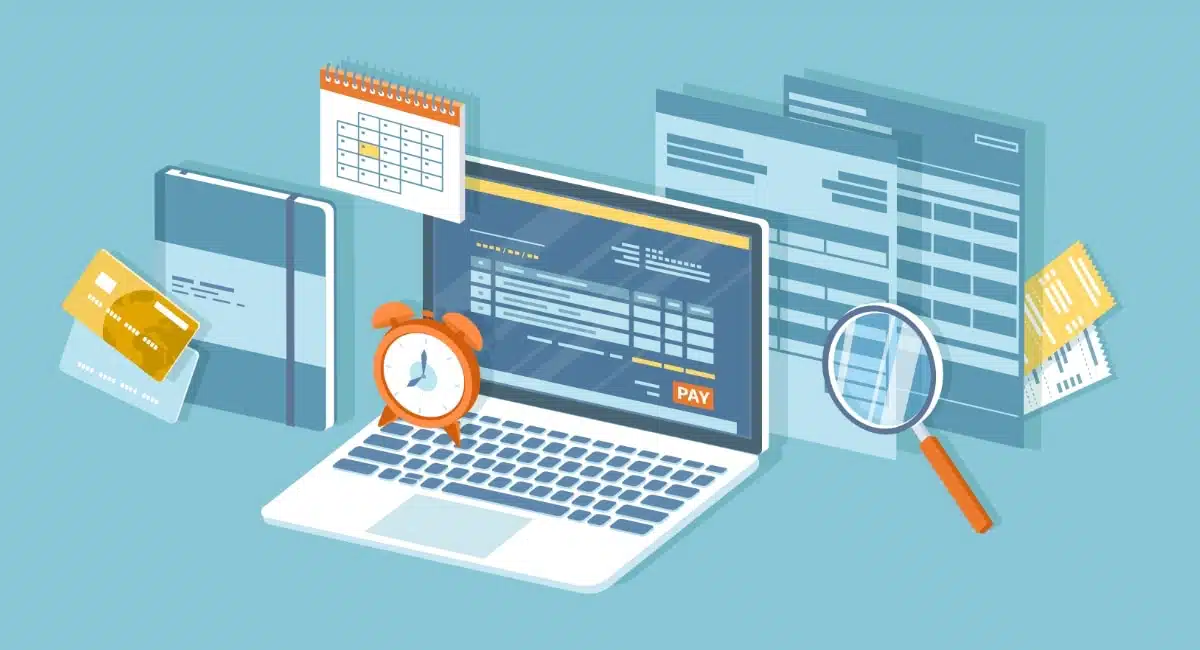If you’re planning on selling online, you’ll need a payment system enabling customers to securely process their credit or debit card on your website. That is where payment gateways enter the picture: a payment gateway encrypts, forwards and authorises card payments placed online. If the transaction is deemed illegitimate, the gateway will reject it. If deemed “safe”, it will authorise the payment.
How payment gateways work
Let’s compare a face-to-face with card-not-present (i.e. online) transaction: You’re buying a Ming vase. You take the vase to the counter where the clerk scans your credit card. “I’m sorry”, she says. “This card has been declined.”
Your card was just bounced by the payment gateway, the first hurdle a credit card needs to surmount in order to be successfully processed. In a retail store, it’s the point-of-sale machine that usually sends the card information to the credit card issuer to confirm the purchaser has adequate funds.
An online sale is slightly different. A payment requires two components from the seller: a payment gateway and a merchant account (or aggregator).

You have a Ming vase in your online shopping cart. Your shopping cart hooks up with a payment gateway that’s performing essentially the same functions the point-of-sale machine performs in a brick and mortar store.
A request is sent to a credit card processor, and — if this time you’ve got lucky with the Ming vase and the payment is approved — the payment information moves from the payment gateway to the merchant account, where it’s packaged to be submitted to the merchant’s bank, also called the acquiring bank.
To accept credit cards online, you need a payment gateway. It has to be compatible with the shopping cart and needs to be integrated with the merchant account. Depending on which service provider you choose, you may therefore only be able to set it up after you have the shopping cart and merchant account set up.
Some services combine a payment gateway and a merchant account. These services are called aggregators, and PayPal is the best known.
If you have a retail store and want to open an online store, or use a smartphone to take payments on the go, your retail payment gateway may also be able to handle your online and mobile transactions. If you already have a merchant account for a retail store, you may need to ask your bank to also set up an internet merchant account.
Understanding the payment gateway fees
When evaluating payment gateways, you’ll often see a discount rate listed. This is the commission that’s taken from the payment and typically split between the merchant account, payment gateway and credit card provider.

Payment gateways are essential to processing sales online. They are the virtual equivalent of a card machine, processing sales when confirming the transaction at the online checkout.
But you will also find payment gateways that only include fees for their services – not the merchant account fees, which are extra. Yes, it can be confusing! So make sure you know what the fees are covering before you decide on a payment gateway.
Payment gateways also often charge monthly fees, though sometimes fees are optional and depend on how many services you choose. On top of these fees, payment gateways charge transaction fees. Setup fees are also common, though can be free, ranging from £0 to £250. Fortunately, this is a one-off charge.
Learn more: Online payment systems UK – which are the best?
The leading payment gateways
When choosing a payment gateway, you’ll need to evaluate how many transactions you’ll be processing. PayPal and Stripe are appropriate for low-volume sales. They use aggregator processing, so they’re cheap and easy to set up.
For heavier-volume sales, payment gateways like Authorize.Net and PayPal Payflow Pro work better. These payment gateways also make auto-billing and storing credit card numbers possible.
Authorize.Net is the payment gateway industry leader. It has a £35 setup fee, costs £19 per month plus £0.10 per transaction. These costs are applicable only without the merchant account – other fees apply if you use both their payment gateway and merchant account.
Worldpay, the leading payment provider in the UK, offers different payment plans that include the payment gateway and other features. They have plans suitable for low-to-high-volume businesses and monthly fees of either £19.95 or £49.99 depending on the package. Gateway transaction fees and different fees specific to each package also apply.
Other major players offering both payment gateway and merchant account include Amazon Pay, Sage Pay and Braintree.




